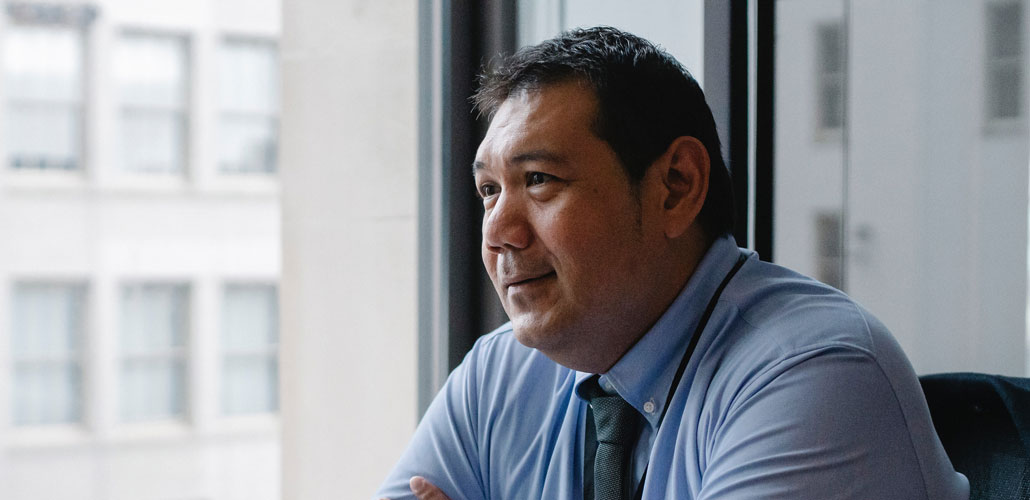
How to Know if Therapy is Working
Questions to ask yourself, so you can better assess if therapy is working for you and make sure you are heading down the right path.

Questions to ask yourself, so you can better assess if therapy is working for you and make sure you are heading down the right path.
"Therapy is a very personal journey, unique to each individual."
Knowing if therapy is working isn’t straightforward – it can be complicated and the clues are often subtle. It’s important to know that therapy doesn’t work like medication for a headache – take a pill, wait 45 minutes, and the pain starts to go away. Instead, therapy is more about taking the time to look for and treat the source of the pain, and accordingly, success in therapy takes time, hard work, occasional setbacks, and will look different for each person, as it will depend on their goals for treatment.
It’s important to keep in mind that therapy takes longer than most people think. While some symptom relief or even a “eureka” moment can come in a few sessions and make a big impact, lasting change usually takes many weeks, months, and even years, depending on how chronic or entrenched a person’s issues are.
What’s more, because therapy involves digging into some tough stuff that we often don’t want to look at, therapy doesn’t necessarily make you feel better after each session. Sometimes deep emotional work is the very thing that makes you feel exhausted, teary and spent afterward, but it’s also what brings about lasting results.
The questions below can help to make sure you’re experiencing the kind of change—and progress—you’re looking for in therapy. If you find yourself answering “yes” to some of these questions, then you’re likely on the right track in therapy.
One of the nasty things about depression is that it robs us of hope. If you start to feel the bleakness of hopelessness lifting, then it’s a good sign that therapy is working.
When caught in the quagmire of depression, we often feel lost, inadequate, and question every little decision (usually we end up feeling paralyzed by needing to make any kind of decision). When therapy starts to work, you’ll often find yourself thinking, “What would my therapist do or say here?” and know what the answer is. You’ll start recalling things discussed in sessions and using your new insights to guide life in a better way.
Depression plays tricks with our mind, often making us feel terrible about ourselves, that we’re inadequate, and that our future is bleak. As such, rather than taking risks in life to pursue opportunity, creativity, or adventure, we retreat from life in order to protect ourselves from further pain and disappointment.
If you’re finding yourself switching gears and being more open to new experiences, then you’re heading in the right direction with therapy.
One of the big reasons we don’t take risks when we’re depressed is that we feel like we won’t be able to recover from set-backs. You know therapy is working when you have an increased sense of being able to bounce back when hitting rough patches. You can still feel good about yourself when things don’t work out the way you hope or planned for.
For many people, constant rumination over anxieties, listening to your “inner critic”, or beating yourself up for past regrets takes up valuable real estate in the brain – this is often described as “being in my head”. When people start to get well, they give that space to something better. It’s often a new appreciation for the present moment, more positive interactions with important people in your life, or feeling better about yourself.
No longer experiencing pleasure from activities that people used to find enjoyable is one of the hallmark symptoms of depression. When people are improving, they will begin to recognize that they feel like doing those things again, and sometimes those things can bring even more joy than they did in the past. It’s like having a stomach virus and feeling like you will never want to eat again, but then after it’s over, everything tastes wonderful.
The self-loathing, guilt, and shame that accompany depression often means that our thoughts are consumed by regrets of the past and worries about the future. As the benefits of therapy begin to sink in, you’re more likely to become mindful of the here and now, focusing on the things you can control or influence, and appreciating things in the moment (e.g., being able to focus on work tasks, being present when chatting with a friend, taking a relaxing walk on your lunch break, or enjoying a good book).
In one way or another, mental health challenges and interpersonal strife go hand-in-hand. When we start feeling like our current relationships are improving, that we’re ridding ourselves of toxic relationships, or bringing more positive influences into our lives, it’s a good sign that therapy is working. It’s useful to note that these types of changes often take some time to materialize.
Caught in the grips of depression, our self-care (diet, physical activity, recreation, social life, personal pleasures) can go out the window. When you start noticing that you’re beginning to pay attention to and look after yourself again, this is a great sign of improvement.
…
Therapy is a very personal journey, unique to each individual. What works for some will be different for others. But any of the above changes will signify you’re headed down the right path.